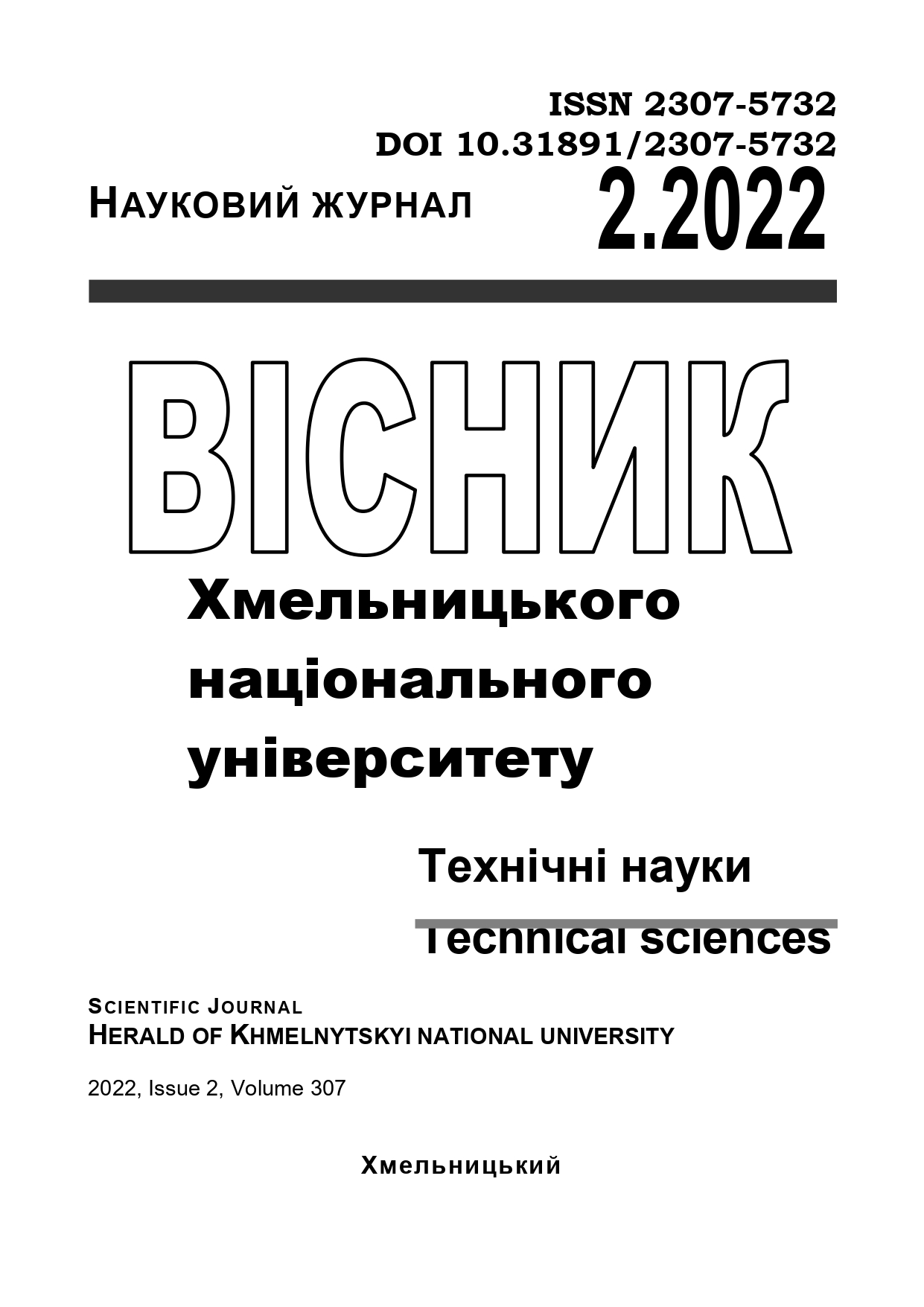МІСЦЕ ВІРТУАЛЬНИХ СПІЛЬНОТ У НАУКОВИХ ДОСЛІДЖЕННЯХ СУСПІЛЬНИХ КОМУНІКАЦІЙ
DOI:
https://doi.org/10.31891/2307-5732-2022-307-2-58-64Ключові слова:
суспільні комунікації, напрями, віртуальні спільноти, організаційно-правові, соціологічні та інформаційно-комунікаційніАнотація
В роботі описано актуальні напрямки досліджень суспільних комунікацій з погляду на сучасні тенденції розвитку інформаційної діяльності у середовищі віртуальних спільнот. Схематично представлено взаємозв’язок між напрямами. Акцентується увага на можливості використання аналізу для покращення організації комунікаційних процесів в перспективі віртуальних спільнот.
Завантаження
Опубліковано
02.05.2022
Номер
Розділ
Статті
Ліцензія
Авторське право (c) 2022 Р. ПАЗДЕРСЬКА (Автор)

Ця робота ліцензується відповідно до ліцензії Creative Commons Attribution 4.0 International License.
Як цитувати
ПАЗДЕРСЬКА, Р. (2022). МІСЦЕ ВІРТУАЛЬНИХ СПІЛЬНОТ У НАУКОВИХ ДОСЛІДЖЕННЯХ СУСПІЛЬНИХ КОМУНІКАЦІЙ. Herald of Khmelnytskyi National University. Technical Sciences, 307(2), 58-65. https://doi.org/10.31891/2307-5732-2022-307-2-58-64

